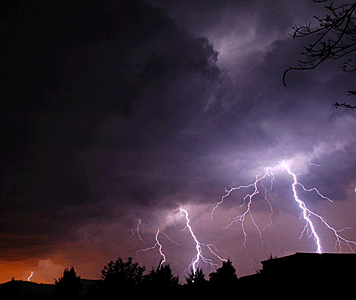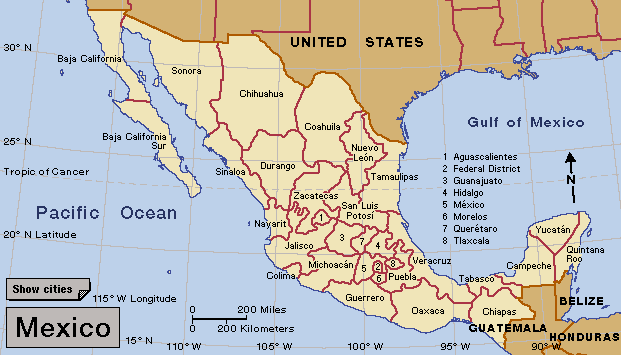Weeks of Rain Across the Southeast Leave Farmers Adrift
Wednesday, July 31st, 2013July 31, 2013
Weeks of spring and summer rains across the southeast United States have severely affected crops dependent on hot summer sun. Peaches are tasteless; tomatoes are splitting; and watermelons are rotting on the vine. Watermelon farmers in southern Georgia believe that at least half of their crop is lost. In North Carolina, rain delayed spring planting of the peanut crop, which agronomists say will undoubtedly result in lower yields.
While rainfall across the contiguous 48 states is only about 6 percent above normal for this time of year, the Southeast has been swamped. According to the National Climatic Data Center, rainfall in Georgia through June was 34 percent above normal; North Carolina and South Carolina were 25 percent above normal; and Alabama was 22 percent above normal. By contrast, the region was abnormally dry or in drought at this time last year.

Weeks of rainstorms have severely affected crops across the Southest. (© Marco Alegria, Shutterstock)
State officials in the Southeast predict agricultural losses will mount into the billions of dollars this year. In some areas, water is standing in cornfields, and mold is growing on the stunted ears of corn. Tomato fields are being hit by late blight, a fungus-like pathogen. Pecan farmers fear that a rain-related fungus, scab disease, will cut crop yields by as much as 15 million pounds (6.8 million kilograms). This year’s Georgia beach crop is essentially lost because the rain has diluted the sugar content of the fruit. “The flavor is just not there,” one farmer told The New York Times. “It’s like having a mouthful of cotton.”
On top of compromising quality and fostering disease, the rains have left the ground so wet that farmers may be unable to get equipment into the fields to harvest. Climatologist Jake Crouch, with at the National Climatic Data Center in Asheville, North Carolina, is not hopeful about a drier late summer and fall. “Whenever we get in a pattern like this, we kind of stay in the status quo,” Crouch reported to the Times. “When we’re hot and dry, we stay hot and dry. When we’re wet, we stay wet.”
Additional World Book articles:
- Agriculture
- Climate
- Weather
- Agriculture 2012 (a Back in Time article)
- When the Rain Stops (a special report)



